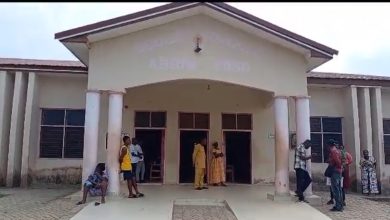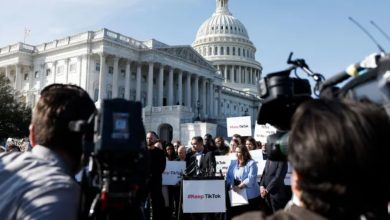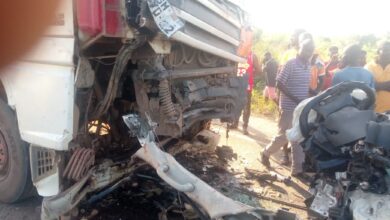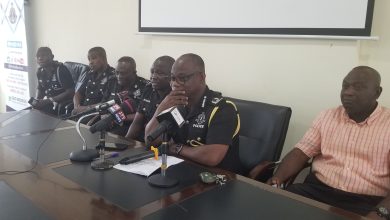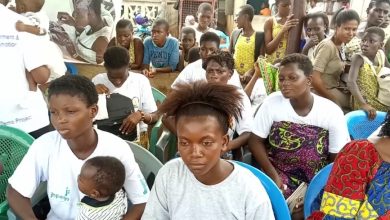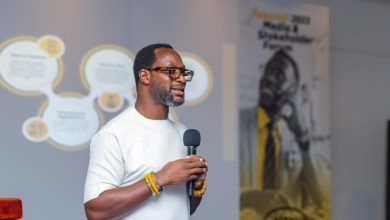Initial SIM registration was incomplete – Telecoms Chamber CEO
Source: Joy Online
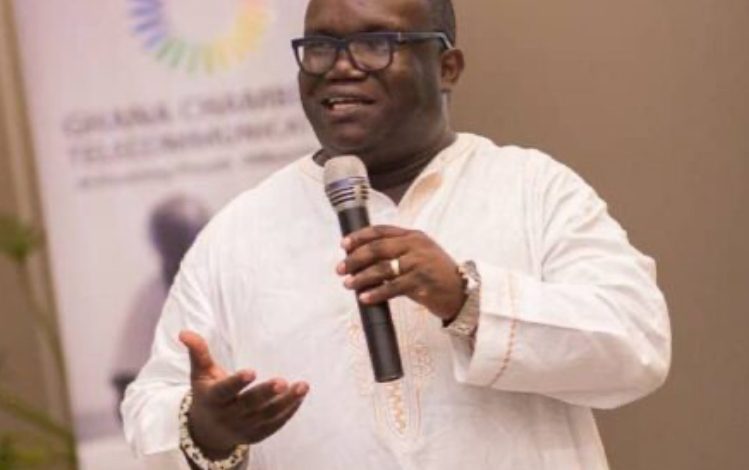
In the wake of an announcement by the minister nominee for Communications, Digital Technology, and Innovation, Sam Nartey George, that the government will re-register SIM Cards, the Chief Executive Officer of the Ghana Chamber of Telecommunications, Dr Kenneth Ashigbey, has clarified that the previous SIM card registration exercise was incomplete.
Mr Sam George, who made the announcement during his vetting, criticised the past approach, stating that a more logical and seamless process would be implemented.
He emphasised that the new process would be more efficient and technology-driven to avoid the long queues that characterised the previous exercise.
In 2022, the government required SIM cardholders to link their numbers with their Ghana Cards. However, the process was marred by inefficiencies, long queues, and SIM blockages for those who failed to comply.
Sam George reiterated that the re-registration was in the best interest of Ghanaians, ensuring secure and reliable telecommunications services.
“We will do a proper SIM re-registration, and this time, there will be no queues because common sense will prevail, and we will use technology to do it,” he assured.
Responding to the announcement in an interview with Citi FM, the Chief Executive Officer of the Ghana Chamber of Telecommunications, Dr Kenneth Ashigbey said the previous exercise was incomplete.
“I wouldn’t say it is useless. I would say it was incomplete. The thing about it is the fact that the biometric data that was collected was not reading properly.”
He pointed out that the fingerprint data was not captured as accurately as the NIA’s system, stressing the importance of using the NIA database as the “single point of truth.”
“What we should have done was use the NIA database to complete the cycle,” Ashigbey noted.
He explained that while the initial phase of SIM registration verified data against the NIA database, the second phase—biometric verification—was flawed.
“We do the liveliness test, we do the likeliness test, we collect the biometric data, but we don’t compare it with the single point of truth, which is the NIA database,” he stated.
He emphasized the need to correct that gap to ensure “the new registration process is comprehensive and effective”.



